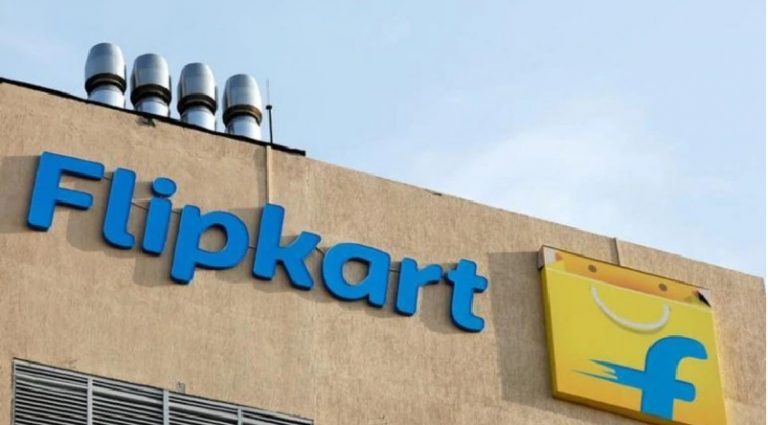
Last year, Walmart spent $16 billion for a controlling stake in Indian e-commerce company Flipkart.
With the completion of the investment, Walmart now holds approximately 77 percent of Flipkart. The remainder of the business is held by other shareholders, including Flipkart co-founder Binny Bansal, Tencent, Tiger Global and Microsoft Corp. Moving forward, Flipkart’s financials will be reported as part of Walmart’s International business segment.
Bloomberg reports that PhonePe, a payments startup inside Flipkart, plans to raise capital at a valuation of as much as $10 billion.
When Walmart Inc. paid $16 billion for control of India’s e-commerce pioneer Flipkart Online Services Pvt. last year, the American retail giant got a little-noticed digital payments subsidiary as part of the deal. Now the business is emerging as one of the country’s top startups, a surprise benefit for Walmart from its largest-ever acquisition.
Flipkart’s board recently authorized the PhonePe Pvt Ltd. unit to become a new entity and explore raising $1 billion from outside investors at a valuation of as much as $10 billion, according to people familiar with the matter, asking not to be named because the discussions are private. The funding may close in the next couple of months, although the talks are not finalized and terms could still change, they said. The unit would then become independent with a distinct investor base, although Walmart-owned Flipkart would remain a shareholder. Walmart and Flipkart didn’t respond to emails seeking comment.
Did you notice a pattern? The PhonePe is the double play for FlipKart. Yes, no matter what is happening in the ecommerce space, the payment arm will be doing just fine [commissions on transactions are assured]. Also, it turns out that successful ecommerce companies like Alibaba (with Alipay) in emerging markets have always have payment units.
Register for Tekedia Mini-MBA edition 19 (Feb 9 – May 2, 2026): big discounts for early bird.
Tekedia AI in Business Masterclass opens registrations.
Join Tekedia Capital Syndicate and co-invest in great global startups.
Register for Tekedia AI Lab: From Technical Design to Deployment (next edition begins Jan 24 2026).
Anything for Jumia to learn here? JumiaPay needs to up its game plan! The same goes for Konga on KongaPay. It seems there is a clear correlation between running an ecommerce marketplace and paytech in emerging economies.
---
Connect via my
LinkedIn |
Facebook |
X |
TikTok |
Instagram |
YouTube


Of a truth, you are right!! Konga and Jumia should have massively leveraged on their payment platforms to build their ecommerce business. This is because Ecommerce cannot be ecommerce without online payment. Pay on delivery isnt the solution to boosting ecommerce. PayTM started as a payment platform, and having built a huge userbase because of quality service, ventured into an online marketplace easily. Alibaba started as a B2C marketplace but Alipay started because of their C2C platform, Taobao, simply to solve trust issues. For Jumia and Konga to grow massively, one of the fundamental issues they must do is to invest massively in their payment service, by offering more services that is not found in other payment platforms. when customers are content with the failure-proof service they render, they would trust their ecommerce platforms.
” For Jumia and Konga to grow massively, one of the fundamental issues they must do is to invest massively in their payment service” That is the summary there – paytech
Let’s dish out more free advisory service for our own entities, if they are paying attention…
Both JumiaPay and KongaPay need to chase for outside customers, not just those who buy and sell via their platforms.
Again, they need to invest in any of the payment platforms that is doing well. How much share does Jumia own in PayStack and Flutterwave? They need to be putting money in all of them, in case…
Check Apple investors, you will still entities who would appear as rivals on the business front, same with Google, Amazon and Microsoft; they are not stupid.
The deal is this: while you fight to win market share, still invest in your competitors, so that whoever that is doing well, you still have something to take home.
Multi Play Strategy? That is where I am going…